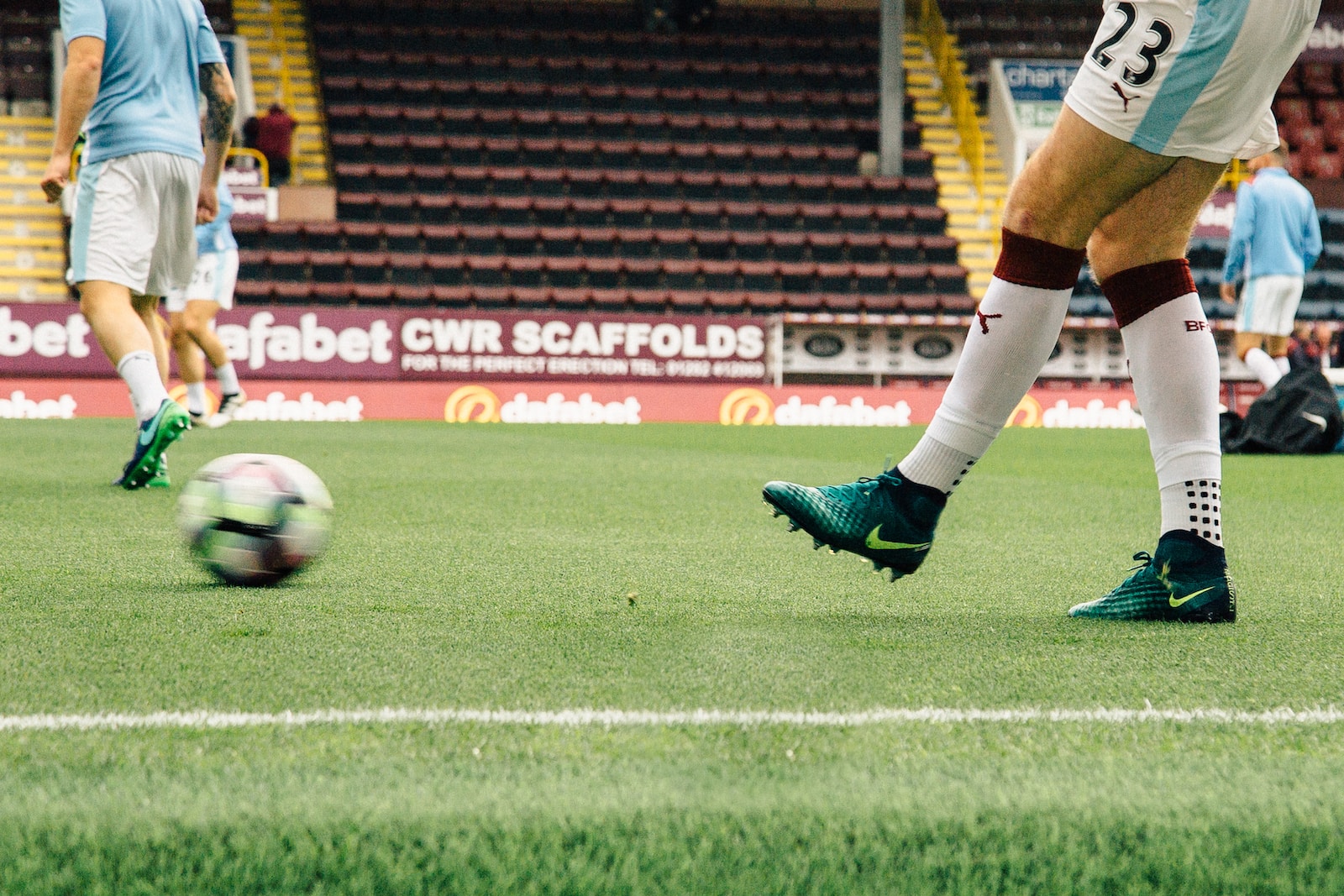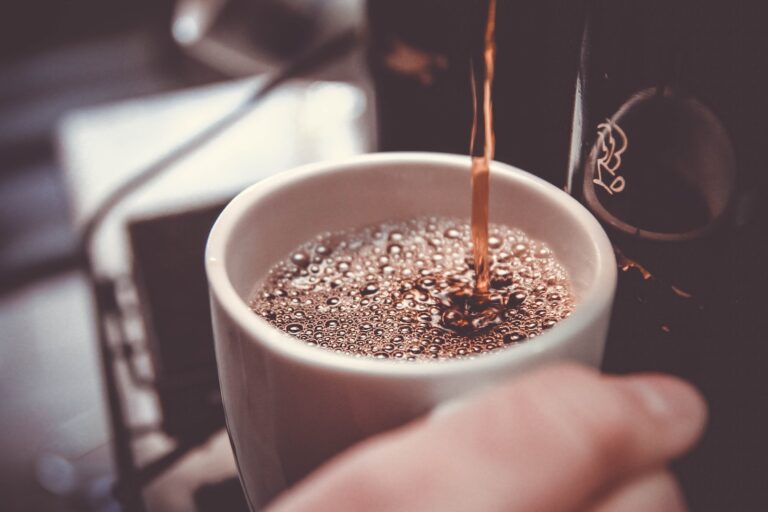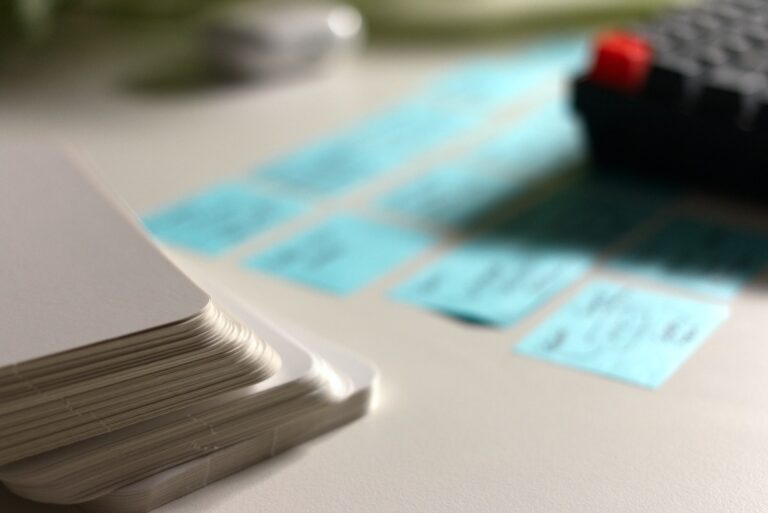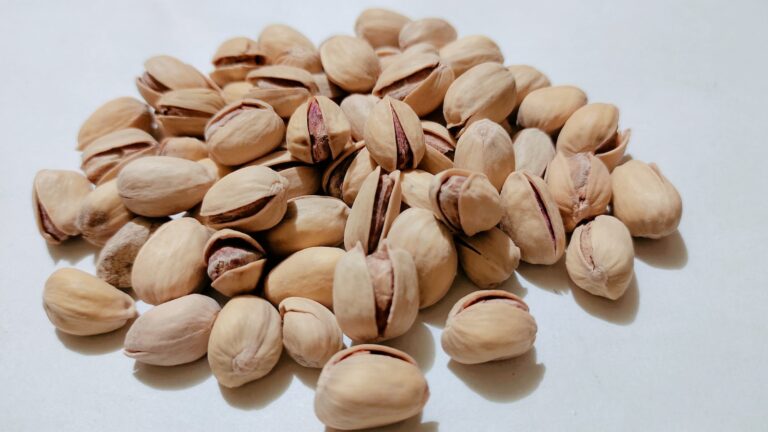The Role of Electrolytes in Athletic Performance
As athletes, we know the importance of hydration and fueling our bodies with food that will help us perform at our best. But have you ever stopped to consider the role electrolytes play in your athletic performance? These essential minerals are crucial for proper muscle function, endurance, and even mental clarity during a tough workout or game.
In this blog post, we’ll explore exactly what electrolytes are, why they matter for athletes, and tips on how to make sure you’re getting enough of them in your diet. So grab a water bottle and get ready to learn about the key players that could help take your performance to the next level!
What are Electrolytes?
Electrolytes are key molecules that are used by the body to maintain fluid balance and electrolyte levels. Electrolytes play a vital role in maintaining muscle function, nerve conduction, and normal blood pressure. Electrolytes are also important for creating energy in cells.
There are three main types of electrolytes: sodium, potassium, and chloride. Sodium ions are responsible for regulating fluid balance in the body and help to prevent dehydration. Potassium helps to control the level of acid in the blood and is essential for muscles to contract and maintain their strength. Chloride helps to create energy in cells and prevents cell damage.
Athletic performance can be negatively impacted by a lack of electrolytes due to sweat loss or excessive drinking. Sweat contains high levels of salt and other minerals which can combine with water to form electrolytes. Drinking enough fluids is important for replenishing lost electrolytes but over-hydration can also lead to serious health risks such as kidney failure. Athletes should check with their doctor about how much water they need each day and make sure they are getting enough nutrient-rich foods including fruits and vegetables too.
There are many sport drinks on the market that contain electrolytes. Some of the most common are Powerade, Gatorade, and Vitamin Water.
Electrolyte Deficiencies in Athletes
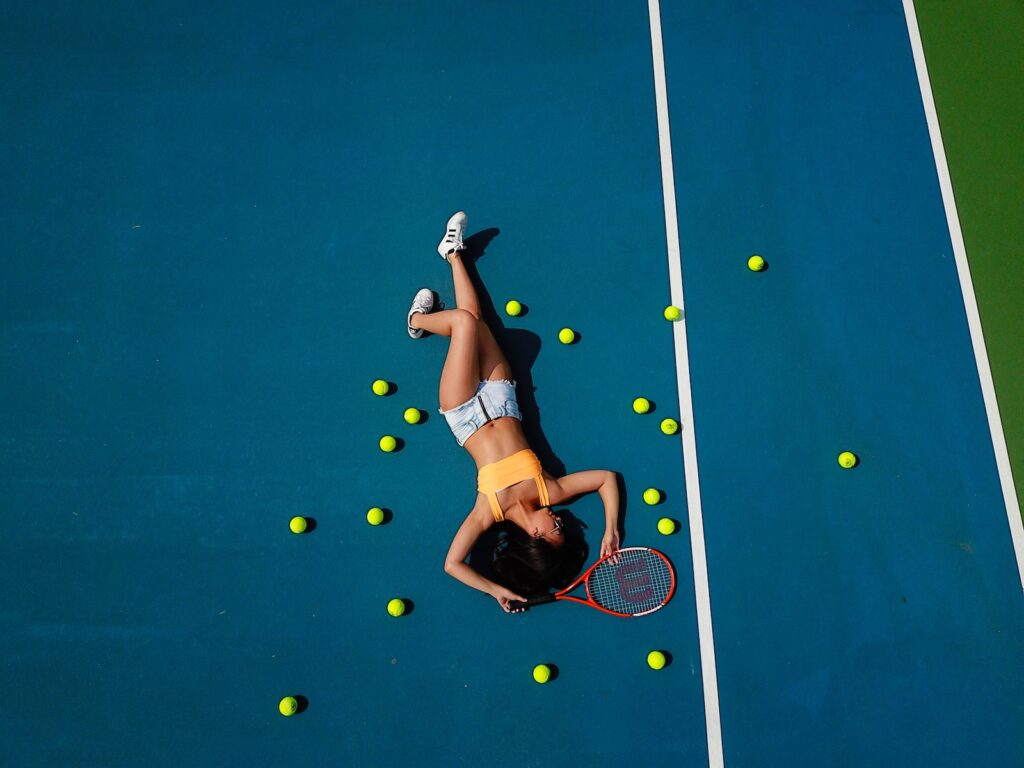
Athletes typically lose a significant amount of fluids and electrolytes during exercise, which can lead to muscle fatigue, cramps, and even heart failure. Electrolyte deficiencies are a common problem in athletes and can occur due to various factors, including dehydration, vomiting, diarrhea, extreme sweating, and vomiting after exercising.
To improve athletic performance and prevent electrolyte deficiencies, it is important for athletes to drink plenty of water and sports drinks throughout the day and to consume correct levels of salt and potassium. In addition, many athletes also need supplements such as potassium phosphate or sodium bicarbonate to replace the lost minerals. It’s also important to be aware of the warning signs of electrolyte deficiency and seek medical help if symptoms develop.
If you are experiencing any of the following symptoms, it is best to speak with your healthcare provider and check for electrolyte deficiencies:
- Muscle cramps
- Nausea and vomiting
- Confusion and memory problems
- Chest pain
- Rapid heart rate
If you are an athlete and experiencing any of these symptoms, it is important to see a doctor for further evaluation.
Electrolyte Deficiencies in the Elderly
Older adults are also at risk for electrolyte deficiencies during exercise, primarily because they may lose more fluids and electrolytes than younger people. Causes of electrolyte deficiencies in older adults include dehydration due to illness, medications, or excessive perspiration; malabsorption syndromes, such as celiac disease, gastroparesis, and pancreatitis; genetic disorders that affect absorption of nutrients; and chronic renal failure.
If you are experiencing any of the following symptoms, it is important to see a doctor for further evaluation:
- Muscle cramps
- Nausea and vomiting
- Confusion and memory problems
- Chest pain
- Rapid heart rate
You may also need to take supplements such as sodium bicarbonate to replace lost minerals.
If you are an elderly individual and experiencing any of these symptoms, it is important to see a doctor for further evaluation.
How do Electrolytes Affect Athletic Performance?
The role of electrolytes in athletic performance is vital. Electrolytes are chemicals that control electrical potential within muscle cells and fluids. Inadequate levels of electrolytes can lead to muscle cramps, fatigue, and impaired exercise performance.
salts: water: sodium: potassium chloride: magnesium sulfate
There are several types of electrolytes that play a role in athletic performance. The most common are sodium, potassium, and magnesium. Each has a specific role in energy production, fluid balance, and regulation of muscle contractions.
Sodium is the most abundant mineral in the body and is important for energy production. It helps to make muscles work by sending electric signals between cells. If sodium levels get too low, however, it can cause muscle cramps. Junk food high in salt can also cause problems because it’s hard to regulate your intake of this nutrient.
Potassium is another important mineral for energy production and fluid balance. It helps to keep blood pressure stable and protect the heart fromstroke by helping to maintain the correct acid-base balance in the body. High levels of potassium can be dangerous if consumed in large quantities, so it’s important to eat foods that are high in potassium sparingly. Excessive consumption can also lead to an imbalance of minerals such as calcium and magnesium which can affect muscle function negatively.
Magnesium is another key mineral for energy production and muscle function. It helps nerves signal each other properly, keeps blood sugar levels balanced, and regulates muscle contractions. Magnesium levels can be low if you’re not consuming enough plant-based foods or if you’re taking medications that upset your stomach.
When it comes to athletic performance, electrolytes are essential for helping the body to produce energy, restore fluid balance, and regulate muscle function.
Recommendations for replenishing electrolytes
The body needs electrolytes to keep functioning optimally. Electrolytes consist of ions with an atom of sodium, potassium, calcium, or magnesium in the nucleus. These minerals help to preserve nerve and muscle function, control water balance and blood pressure, help generate energy during strenuous activity, and play a role in cardiac function.
To replenish electrolytes lost through sweating and diarrhea:
Drink plenty of water throughout the day; avoid heavy drinking or caffeine late in the day. Aim for 2 liters (68 ounces) per day. Avoid sugary drinks and artificial sweeteners. Be sure to eat foods high in water content (fruits, vegetables, legumes).
To replenish electrolytes lost during exercise:
Drink sports drinks or energy drinks immediately after exercise to replace fluid and salts lost in sweat. Follow up with a healthy snack that contains protein and fiber to help restorelost glycogen levels (e.g., an apple or banana). Add seaweed supplements to your diet as a source oftrace minerals (like potassium) that can be depleted during exercise is much like miso soup made with seaweed flakes instead of noodles, rice dishes with edamame beans or salad with chickpeas instead of croutons.
To replenish electrolytes lost in diarrhea:
Drink plenty of fluids and eat high-water content foods (fruits, vegetables, legumes). Add brassica vegetable juices, such as kale or broccoli juice, to your diet. Take over the counter medications like ginger ale, imodium hydroxide (Lomotil), loperamide (Actopan), or phenolphthalein (Dukoral) if you need to reduce the symptoms of diarrhea.
Conclusion
Athletic performance is greatly affected by the electrolyte levels in the body. Electrolytes are substances that allow the cells of the body to function properly and transport nutrients to all parts of the body. When an athlete’s hydrogenosomes start to break down, it leads to fatigue, impaired cognitive function, and even tissue damage. In order to optimize athletic performance and prevent these problems from happening, it is important for athletes to maintain a healthy electrolyte balance on their daily routine.
It is important to consume enough fluids, salt, and electrolytes to maintain a normal concentration of these essential substances in the body. Electrolytes can also be lost through sweat, so it is a good idea to drink plenty of fluids throughout the day. By doing this, athletes can reduce the chances of experiencing fatigue or any other negative effects from an electrolyte imbalance.
